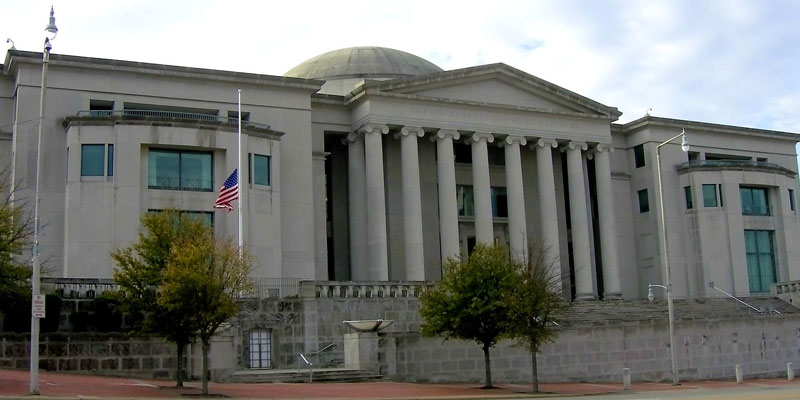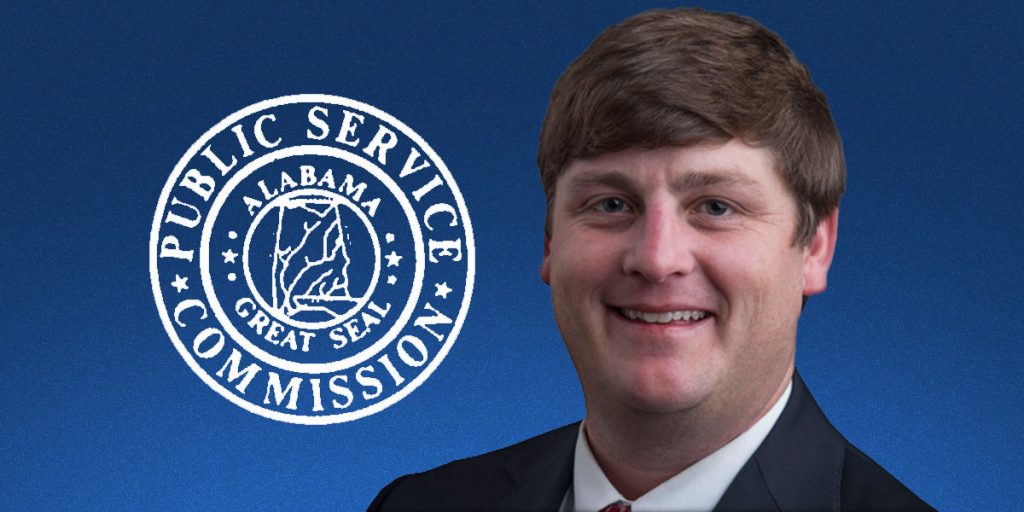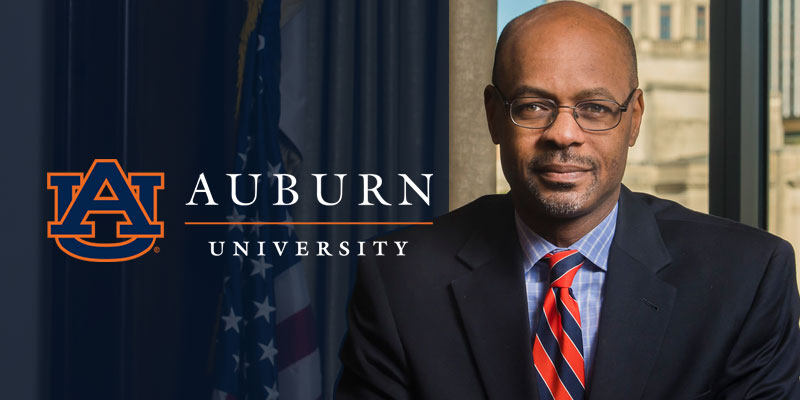The Supreme Court of Alabama on Friday dismissed a lawsuit that many observers have panned as politically motivated and frivolous in substance.
Laura Casey, who is running for the Alabama Public Service Commission (PSC) as a Democrat in the 2020 election cycle after losing a bid as a Democrat for the State Senate in 2018, brought a lawsuit against the PSC claiming that a November 2019 gathering constituted a public “meeting” under the Alabama Open Meetings Act, although the commission members simply attended the gathering as passive spectators.
Casey contended that since, in her view, the gathering should have been classified as a “meeting,” proper notice of the gathering was not given as required by the law and that she likewise was improperly prohibited from recording the gathering.
Under the Alabama Open Meetings Act, a “meeting” is defined as the following:
The gathering, whether or not it was prearranged, of a quorum of a governmental body during which the members of the governmental body deliberate specific matters that, at the time of the exchange, the participating members expect to come before the full governmental body at a later date.
The specific part of the definition that determined whether a “meeting” occurred in this case pertained to if “deliberation” occurred among the commission members: PSC President Twinkle Andress Cavanaugh, Commissioner Jeremy Oden and Commissioner Chip Beeker.
The case was ultimately a straightforward one, as evidenced by the trial court — Montgomery County Circuit Court — issuing a final judgement for the PSC based on the record and each side’s argument alone, not needing to hear oral testimony. The Supreme Court on Friday, after Casey had appealed the original decision, affirmed that a “meeting” had not occurred under the law, backing the trial court and tossing the political candidate’s suit. The Supreme Court heard oral arguments in the case last month.
The Friday Supreme Court decision was unanimous in result, with one justice recusing and none dissenting. Chief Justice Tom Parker wrote a special concurrence, and Associate Justice Will Sellers wrote the opinion of the court.
Sellers in that opinion outlined how Casey and her attorneys attempted to define multiple key words using a Merriam-Webster dictionary instead of utilizing definitions from the statute itself or from an actual legal dictionary.
“Nothing in the transcript of the hearing indicates that the commissioners themselves participated in the exchange of relevant and substantive information during the hearing. Rather, it appears that they listened passively to the information provided by the parties in attendance,” Sellers summarized in explaining the PSC members did not “deliberate” during the gathering, meaning it was not a “meeting.”
Parker was very direct in his special concurrence, calling a core assertion made by Casey’s counsel “improvident.” The Chief Justice further highlighted the “Court’s commonsense approach to the linguistic question raised in this appeal.”
In a statement to Yellowhammer News on Friday afternoon, Cavanaugh welcomed the decision.
“We are, and always have been, committed to the highest levels of ethics and transparency at the PSC. It is gratifying to see the state’s top court affirm that commitment,” she said.
While the outcome in this case always seemed obvious based on even a layman’s reading of the law, the lawsuit still managed to waste tens of thousands of taxpayer dollars.
“If the plaintiff’s intent was to waste taxpayers’ money to find out something everyone already knew, then goal met,” Cavanaugh concluded.
Sean Ross is the editor of Yellowhammer News. You can follow him on Twitter @sean_yhn













